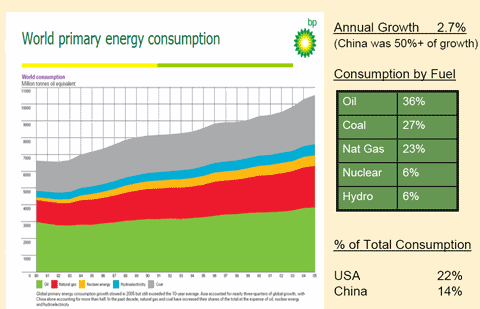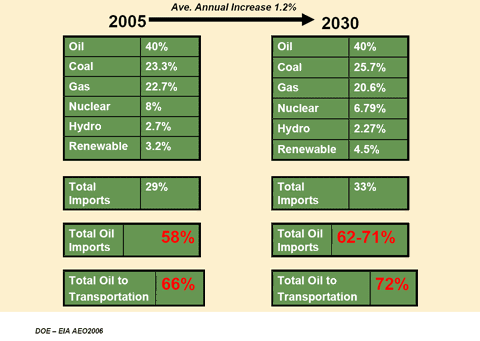When it comes to renewable energy, the U.S. is a follower, not a leader. Our solar markets lag behind Germany, Japan, and other countries. We're addicted to cheap energy, primarily because the free market’s invisible hand is not just invisible, it’s also sometimes blind. Sometimes the cheapest option isn’t really the cheapest, which is especially true with polluting forms of energy such as coal and oil. They contain hidden costs, such as damage to the environment as well as dependence on unreliable foreign governments. These are the classic 'externality' case studies from Economics 101. And the classic solution to the classic externality case is that government steps in and 'moves the supply curve' over to reflect the true costs of the supply.
While many states in the U.S. have implemented net metering (which would allow customers to get refunds for providing their own clean energy),
the Federal government just missed the chance to do more to encourage utility-scale renewable energy by failing to extend the tax credit for solar energy, which expires at the end of 2008. Meanwhile, European and other governments have been taking gigantic steps forward by implementing feed-in tariffs. A feed-in tariff essentially means that you get paid more than the going rate of electricity for each kWh of clean energy that you (or a utility-scale renewable plant) feed in to the grid.
Germany is the leader, having begun feed-in tariffs in the 90s. In Spain, the generator of solar or wind energy gets paid 5x the base rate of fossil-generated electricity for up to 25 years, after which the rate drops by 20% for the life of the system. And in Ontario Canada, the utility is obligated to pay 42 Canadian cents per kWh for solar electricity, roughly four times the price of retail electricity rates. And Italy has just passed feed-in tariff legislation that should spur huge market growth there for solar and other renewables.
So why hasn’t the U.S. government implemented feed-in tariffs? The answer may be lack of political will, or it may be the sheer strength of the Coal and Oil lobbies. Another reason may be that we rarely look to our government to solve our problems. Here in the U.S. we often bristle when someone suggests that government should solve our problems instead of the free market. We're too independent.
But in this case we may be wrong… I would argue that government action is needed. To demonstrate the point, what if instead of the government stepping in we brought in the lawyers (after all, what could be more American than that?)?
Imagine plaintiff attorneys across the U.S. banding together for the largest class-action lawsuit in history. Forget Big Tobacco, I’m talking about a multi-trillion dollar suit against Big Oil and Big Coal for global warming, and Big Oil for funding terrorism (I know, a bit sensationalist, but then again this is a lawsuit we’re talking about). Think about the trillions of dollars of damage that have been done to resources we all share, such as the earth, such as the air and the water, such as our lungs and our health. If we factored the price of that settlement into the price of oil and coal, maybe the gallon of gas would cost $10 or more, and the kWh of energy from coal would cost $0.40, not ten cents. Then our free market would wake up and build solar, wind, and even nuclear power plants by the hundreds. Then we’d ditch our 15 MPG SUVs and demand and buy the electric cars and plug-in hybrids by the millions.
But this is, for now, just a fun case study. A sturdy feed-in tariff enacted by the federal government, or by states individually, could accomplish the same results as that class-action lawsuit and help us avoid the future hidden costs of coal and oil.



